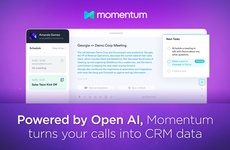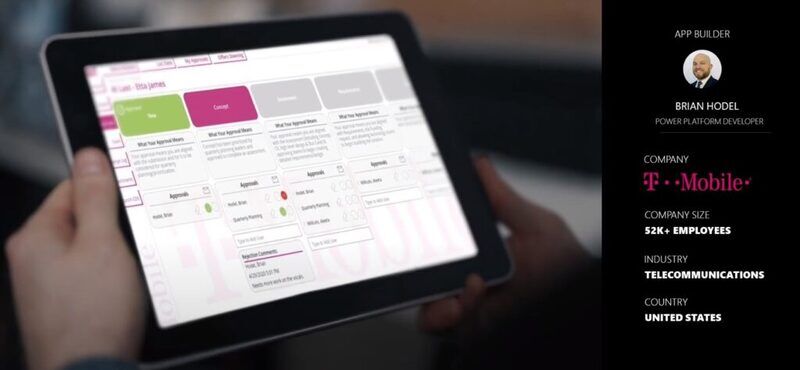
T-Mobile is Utilizing Microsoft Power Platform for Initiatives
Colin Smith — November 18, 2024 — Tech
References: microsoft
T-Mobile has adopted Microsoft Power Platform to enhance its customer initiatives, resulting in significant time and cost savings. The company developed the Orbit App, which utilizes Power Apps, Power Automate, Power BI, and Dataverse to streamline the approval process for new initiatives such as device promotions and service offers. This low-code solution has saved T-Mobile over $4 million USD and 97,000 hours, while also supporting a 150% annual growth in go-to-market initiatives without the need for additional resources.
The integration of Power Platform has also enabled T-Mobile to improve operational efficiency and reduce errors. Following the acquisition of Sprint, T-Mobile used robotic process automation (RPA) capabilities within Power Automate to integrate Sprint's legacy systems, resulting in an 11-fold increase in real-time request processing and a 12-fold improvement in overall processing time. This has allowed T-Mobile to handle customer initiatives more effectively and maintain a competitive edge in the telecommunications industry.
Image Credit: T-Mobile, Microsoft
The integration of Power Platform has also enabled T-Mobile to improve operational efficiency and reduce errors. Following the acquisition of Sprint, T-Mobile used robotic process automation (RPA) capabilities within Power Automate to integrate Sprint's legacy systems, resulting in an 11-fold increase in real-time request processing and a 12-fold improvement in overall processing time. This has allowed T-Mobile to handle customer initiatives more effectively and maintain a competitive edge in the telecommunications industry.
Image Credit: T-Mobile, Microsoft
Trend Themes
1. Low-code Development - Leveraging low-code platforms like Microsoft Power Apps results in substantial time and financial savings for businesses implementing new processes.
2. Robotic Process Automation (RPA) - Incorporating RPA tools significantly enhances operational efficiency by automating legacy system integrations and real-time processing tasks.
3. Data-driven Decision Making - Utilizing platforms like Power BI and Dataverse allows for more informed, data-driven decisions that support rapid growth and agile market responses.
Industry Implications
1. Telecommunications - Automation and low-code solutions drive transformative shifts in handling customer initiatives and operational integration post-acquisitions.
2. Software Development - The adoption of low-code development platforms paves the way for streamlined, efficient creation of new applications and automation tools.
3. Business Intelligence - Enhanced data analytics capabilities empower companies to swiftly analyze and act on business insights to maintain competitive advantages.
5.4
Score
Popularity
Activity
Freshness























